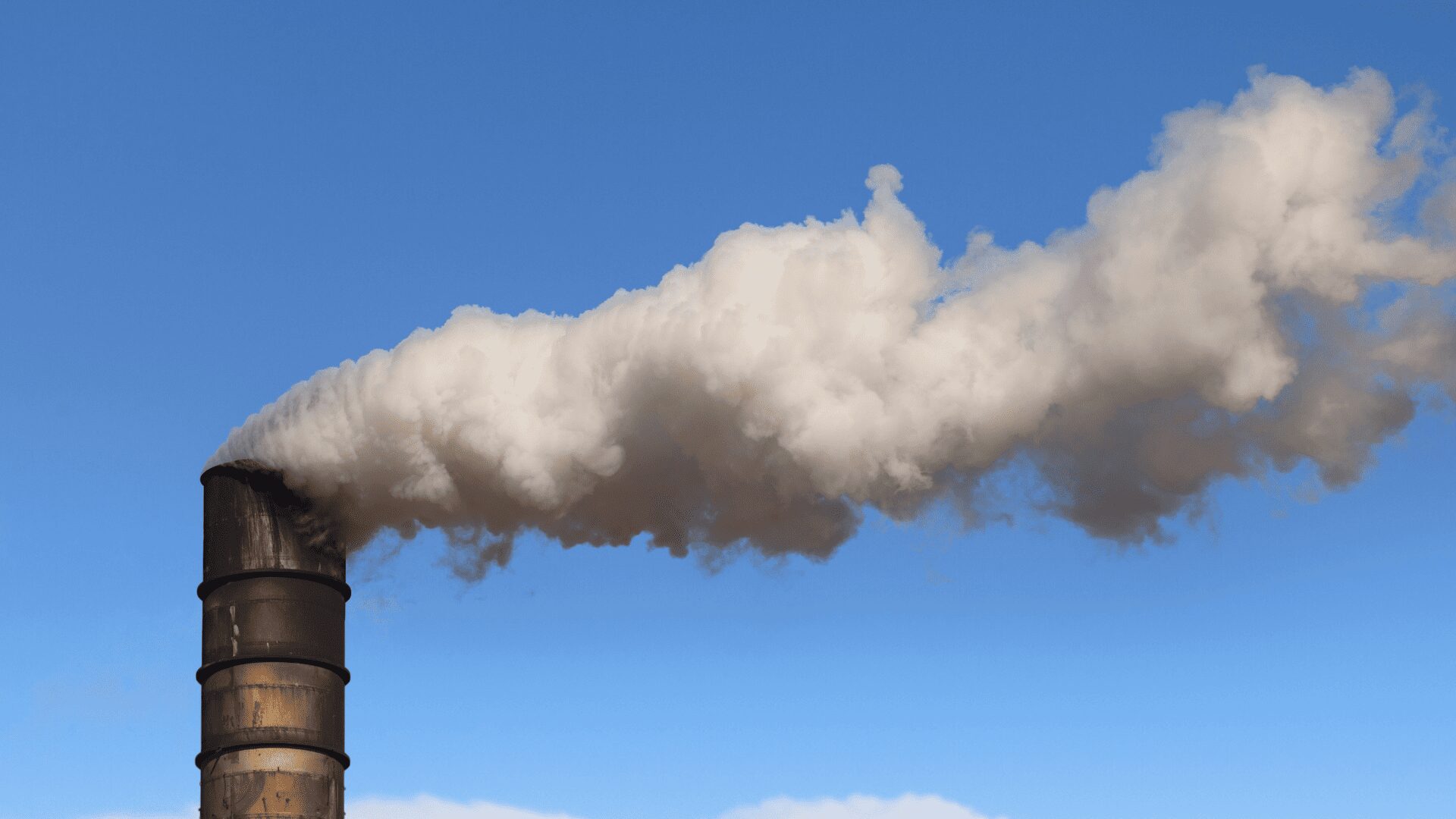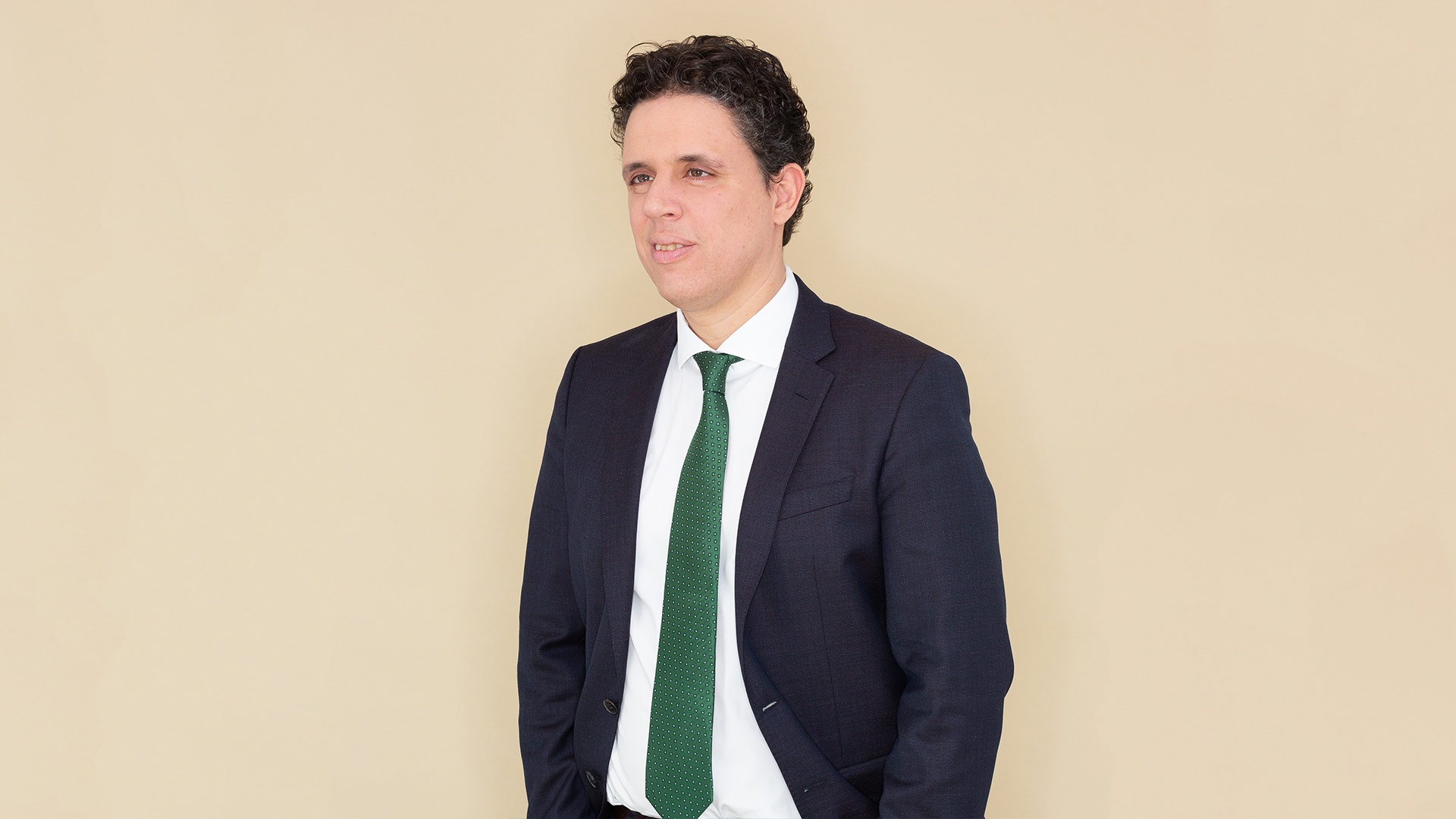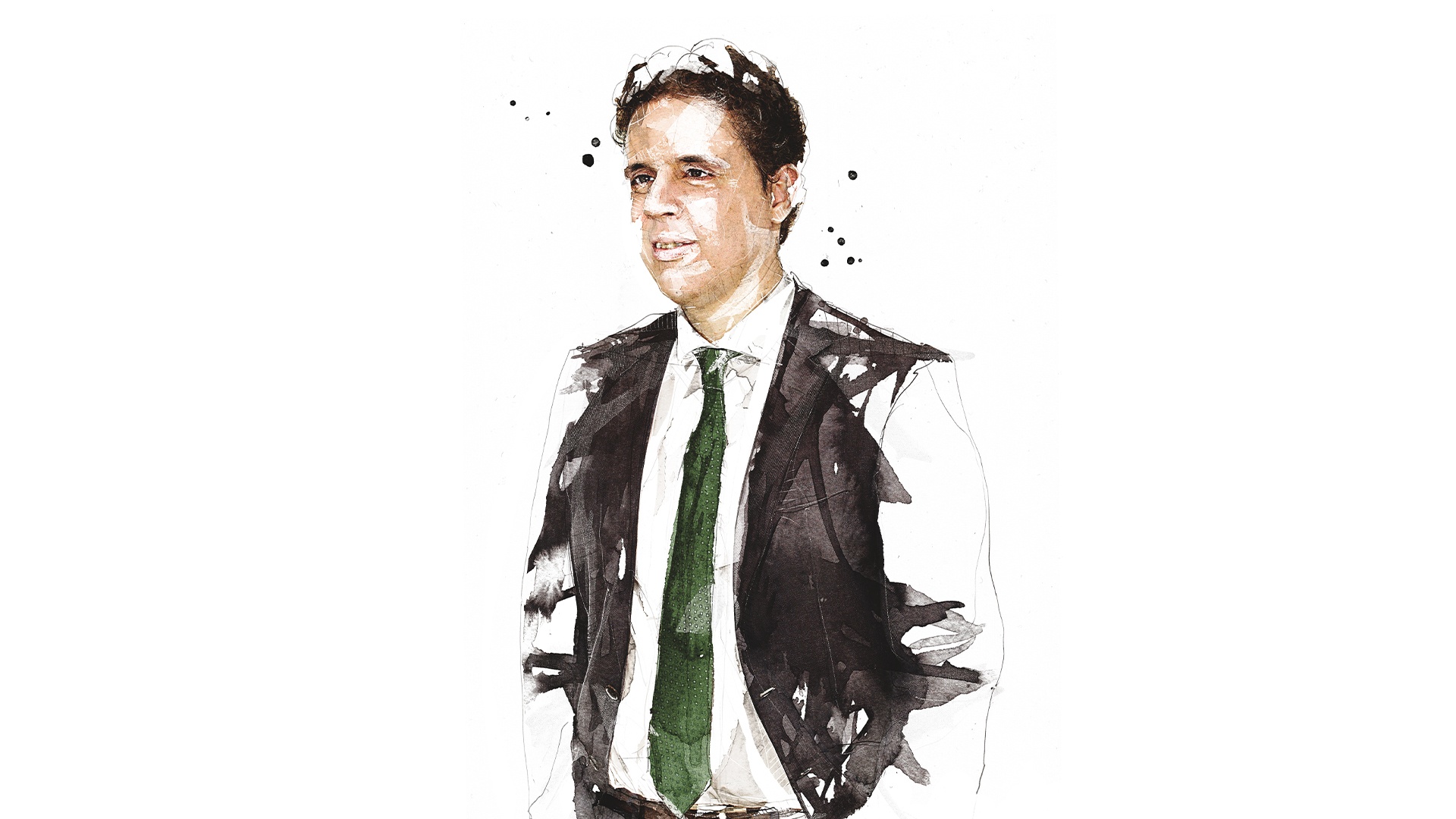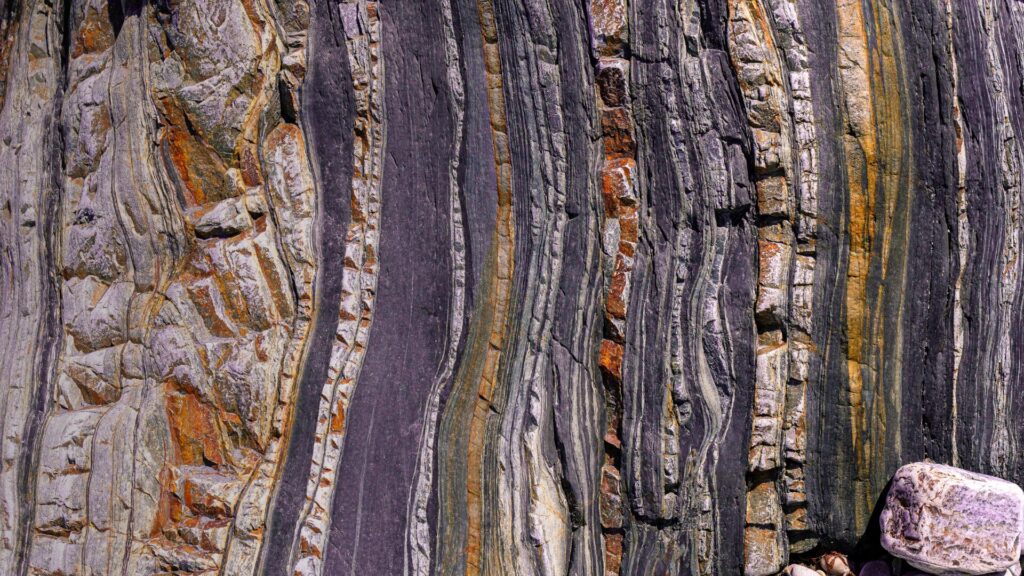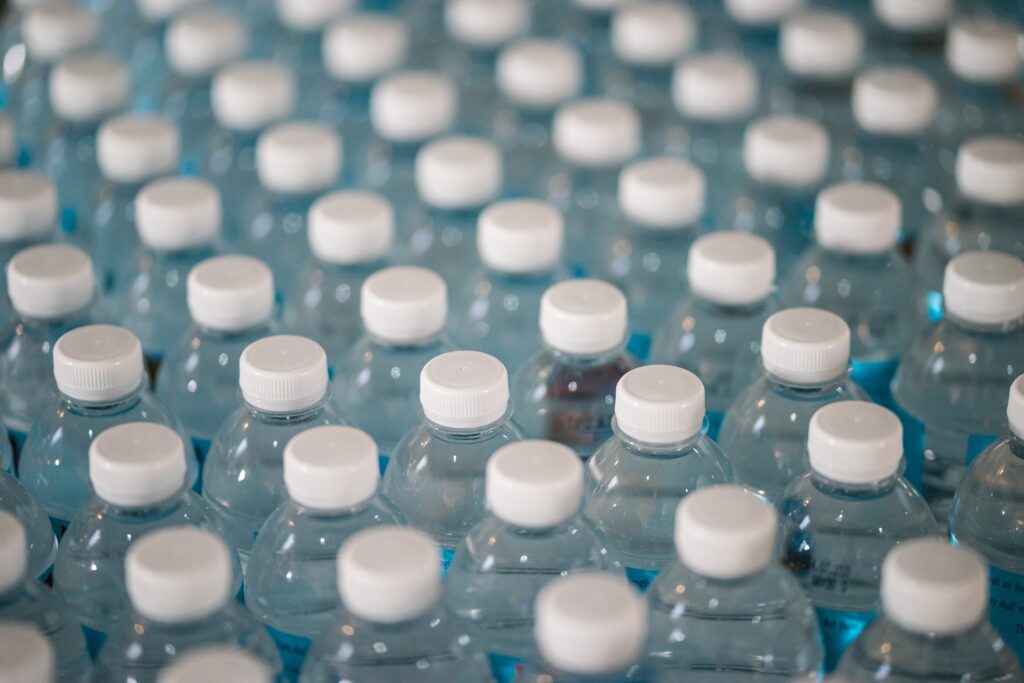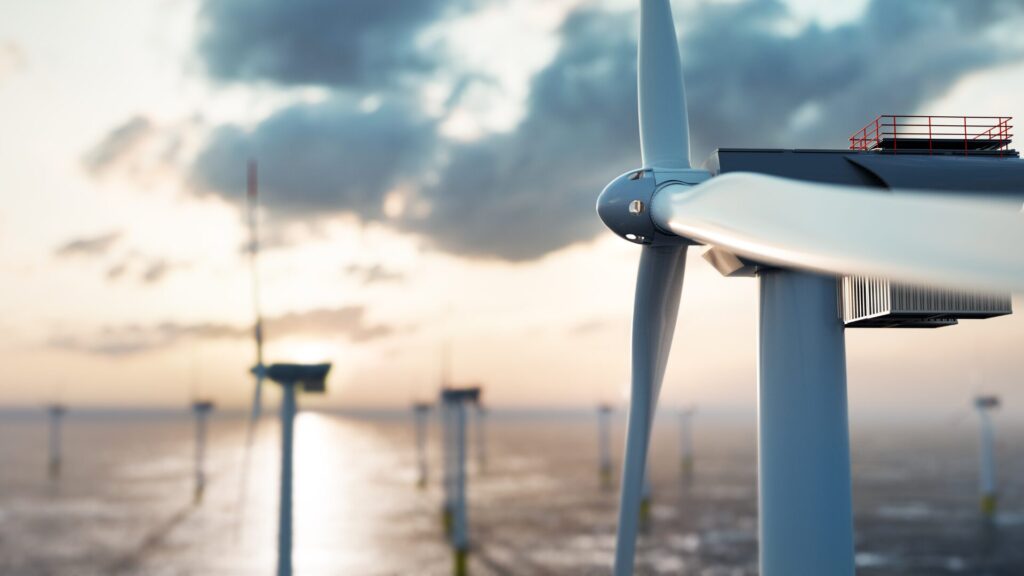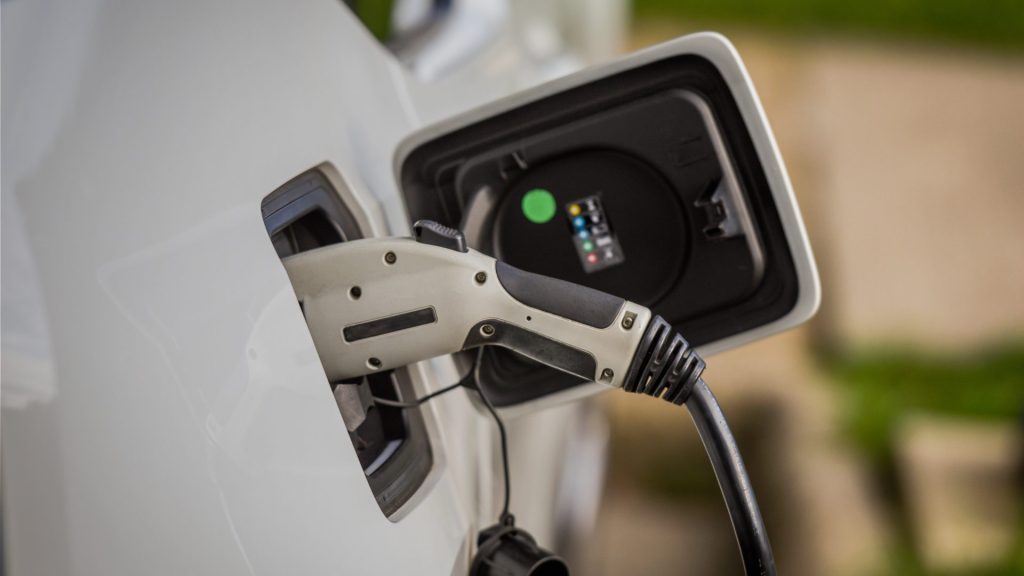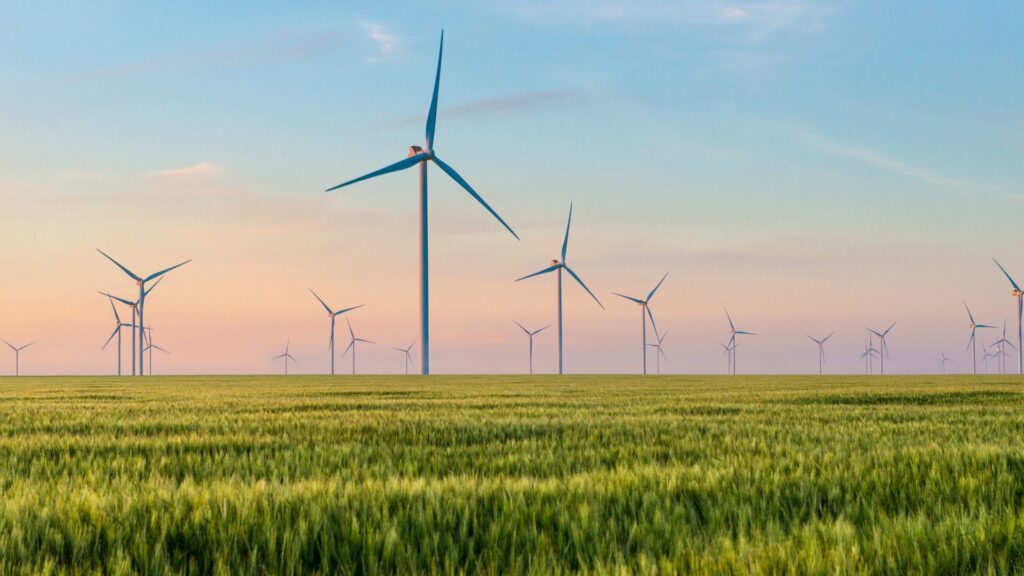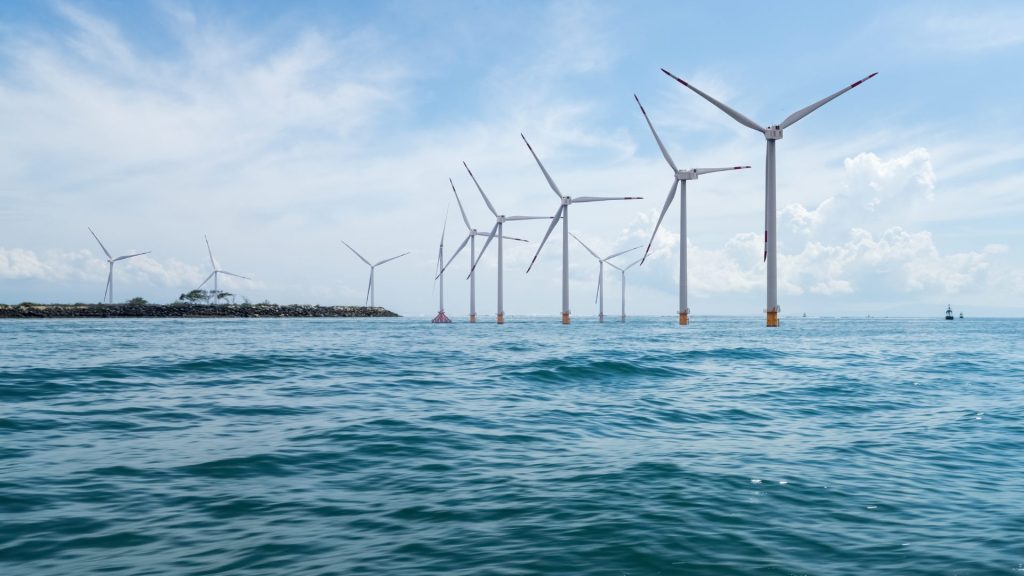Amendment to the Legal Framework for Industrial Emissions, applicable to integrated pollution prevention and control
Revision of environmental licences
Decree-Law No. 89/2025 of 12 August introduced amendments to Decree-Law No. 127/2013 of 30 August, which establishes the Legal Regime for Industrial Emissions (REI), applicable to integrated pollution prevention and control, as well as rules aimed at preventing and/or reducing emissions into the air, water and soil and the production of waste, with the aim of achieving a high level of protection of the environment as a whole.
These amendments stem from the need to ensure full compliance of national law with European law, following the European Commission’s initiation of infringement proceedings[1] against the Portuguese State under Article 258 of the TFEU. The European Commission found that Directive (EU) No. 2010/75/EU of the European Parliament and of the Council of 24 November 2010, also known as the Industrial Emissions Directive, had been transposed incompletely and incorrectly in relation to the following matters.
The main change introduced by this legal act is the periodic review of the Environmental Licence. In this regard, a mandatory procedure for reviewing the environmental licence every seven years has been introduced, under penalty of suspension or expiry of the licence.
The procedure for reviewing the Environmental Licence must be initiated by the operator, by submitting an application to the APA, IP, at least six months before the end of the seven-year period. Failure to submit the application by the end of this period will result in the expiry of the Environmental Licence, while failure to submit it at least six months in advance may result in its suspension.
But what happens to the current Environmental Licences?

Although this new obligation is in line with Article 21 of the Industrial Emissions Directive, it should be remembered that Simplex Ambiental[1] had precisely eliminated the requirement to renew environmental licences after 10 years, as part of a policy of reform and simplification of environmental licensing. With the amendment now introduced, there is, in practice, a ‘step backwards’ through the strengthening of control of environmental licences in a shorter period of time, which, in the absence of a better and possible implementation, seems to place a more demanding legal burden on operators than before, in terms of deadlines and information to be provided to the Public Administration.
In addition, the remaining amendments are essentially as follows:
- The operator’s duty to immediately inform the competent authority of any environmental accident or incident, eliminating the previously established 48-hour deadline for reporting;
- In situations where the conditions of the licences are not complied with, the operator is required to immediately inform the Coordinating Entity and APA, IP. or the territorially competent CCDR, by email, , with the previously established 48-hour deadline for reporting being eliminated;
- The APA, IP. shall amend the environmental licences and operating licences for installations covered by the European Greenhouse Gas Emission Trading Scheme (EU ETS) that set an Emission Limit Value (ELV) for direct GHG emissions;
- APA, IP. may now include obligations for certain categories of installations by adopting general binding rules;
- The mandatory content of incineration and co-incineration permits is established, including specific requirements applicable to the management of hazardous waste;
- Requirements for emissions monitoring are strengthened;
- Provision is made for extraordinary environmental inspections.
[1] Case C‑166/25.
[2] Decree-Law No. 11/2023, of 10 February.

